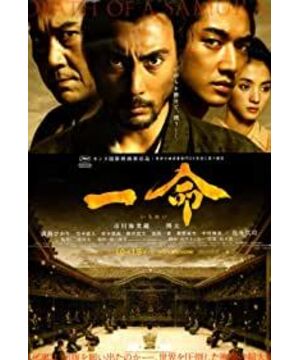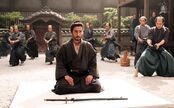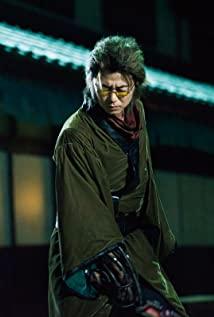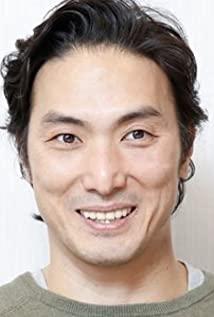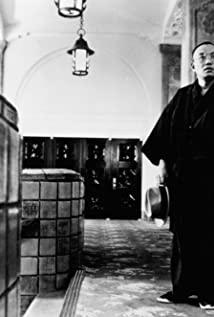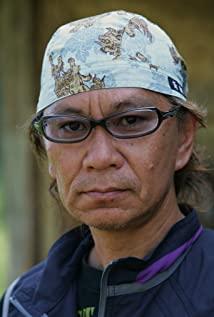Hara-Kiri: Death of a Samurai evaluation action
-
Camryn 2022-04-20 09:02:29
It is a remake of the 1962 version of "Cut the Belly" directed by Kobayashi Masaki and starring Nakadai Tatsuya. However, from the story line to the character details, Takashi Miike has changed a lot, and some of the changes are very good (for example, this time it is no longer "Tsuyun Banshiro". The character's one-man show, because the other supporting characters are fuller), some are doubtful (the ending changes are more obvious, and the effect can only be said to be average, although the impact is not much different from the old version). However, I feel that the emotional handling of this film is one of the few points that makes me feel that it is enough to challenge the original version, perhaps because of the reasons mentioned above, it enriches the settings of several supporting characters and the actors play very well (of course, several supporting characters' I am also more familiar with actors. After all, "Yongshan Yingtai + Mandaoguang" is also an old "hard-working role" professional 233). After reading the two editions, I like the original story even more, attacking the negative and hypocritical side of the Japanese Bushido spirit extremely thoroughly. All in all, this version is a remake of decent quality. Four stars.
-
Javon 2022-04-24 07:01:23
beyond the original. The tones of the picture and camera are all beautiful (as it should be, after all, both technology and theory have developed for more than 40 years), and the performances of several main characters do not fall into the dust of the old drama bones. The adapted plot is more reasonable and full of tension. Alisma's delay in taking action was so unbearable that the old man of the family could not bear it; Jin Yun's wretchedness of attacking one by one with one enemy, three in one, changing the old work one by one, also laid a reasonable foreshadowing for the plot of the battle with bamboo knives that closely follows the plot of the belly-cutting. and so on
Hara-Kiri: Death of a Samurai quotes
-
Hanshirô Tsugumo: They taste better with someone.
-
Hanshirô Tsugumo: A warrior's honor is not something simply worn for show!


